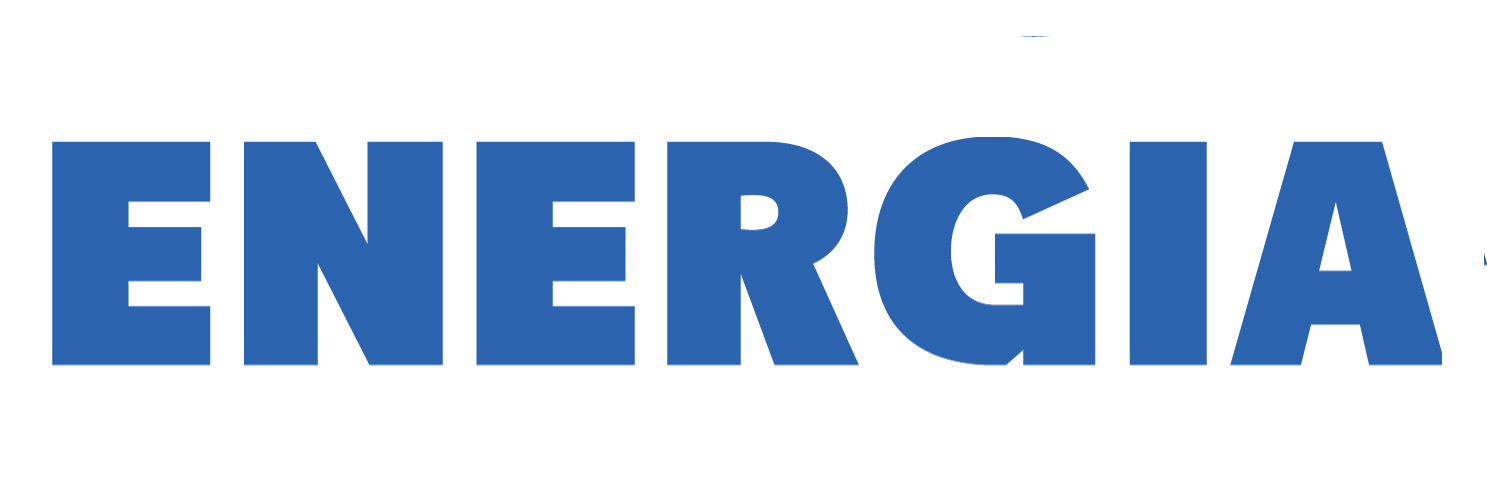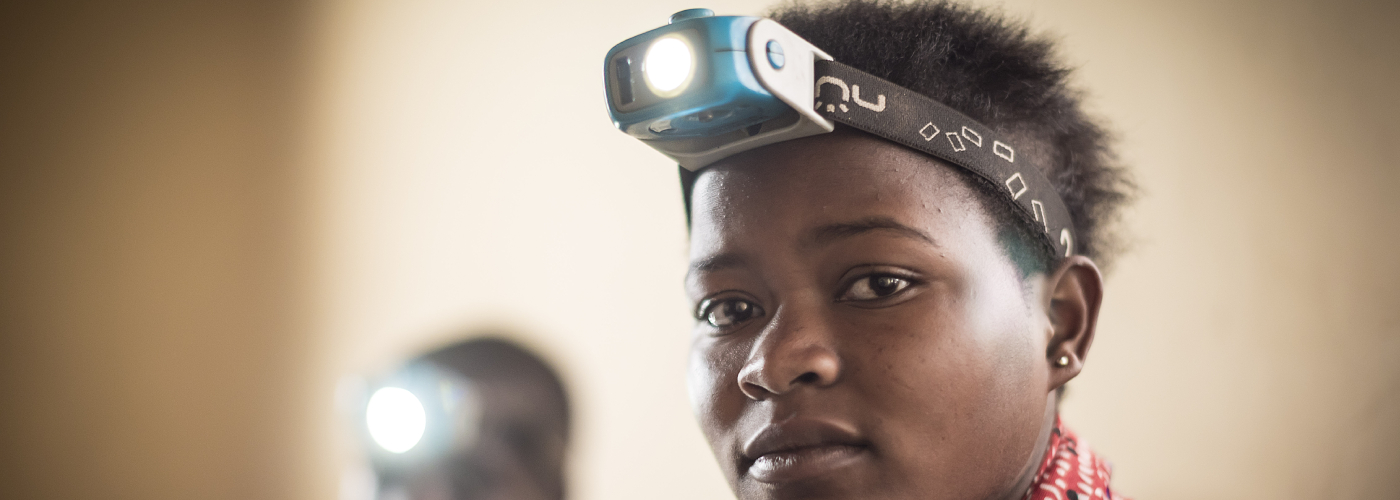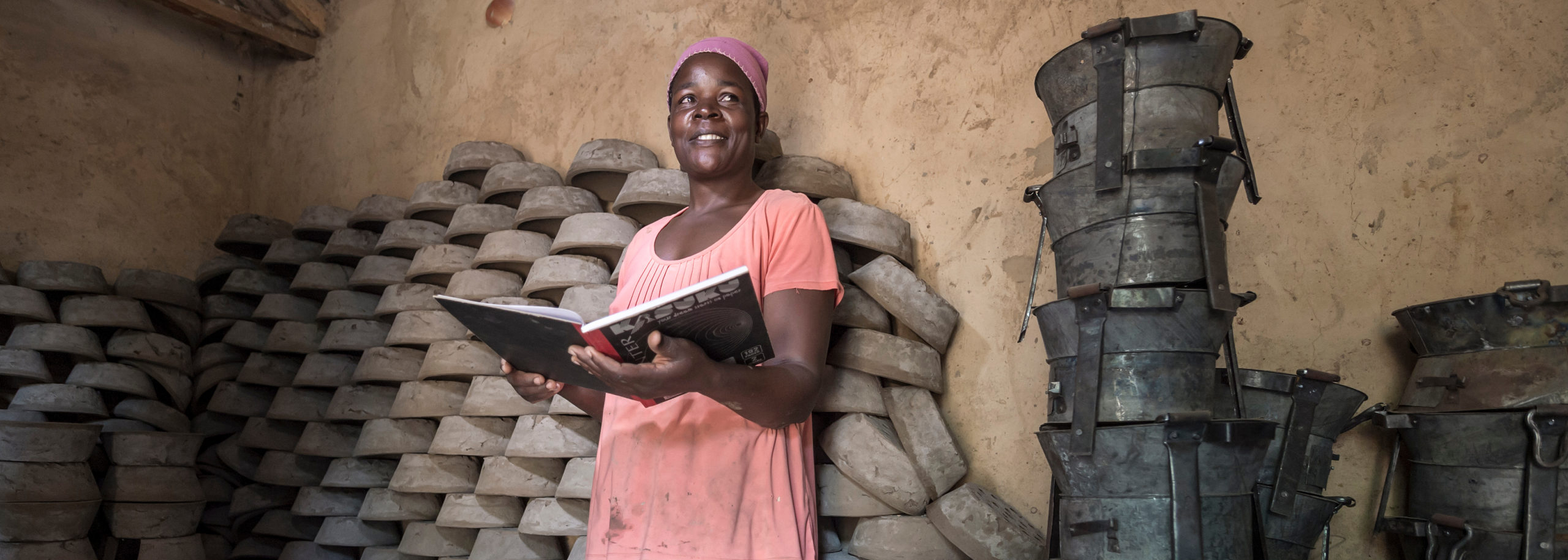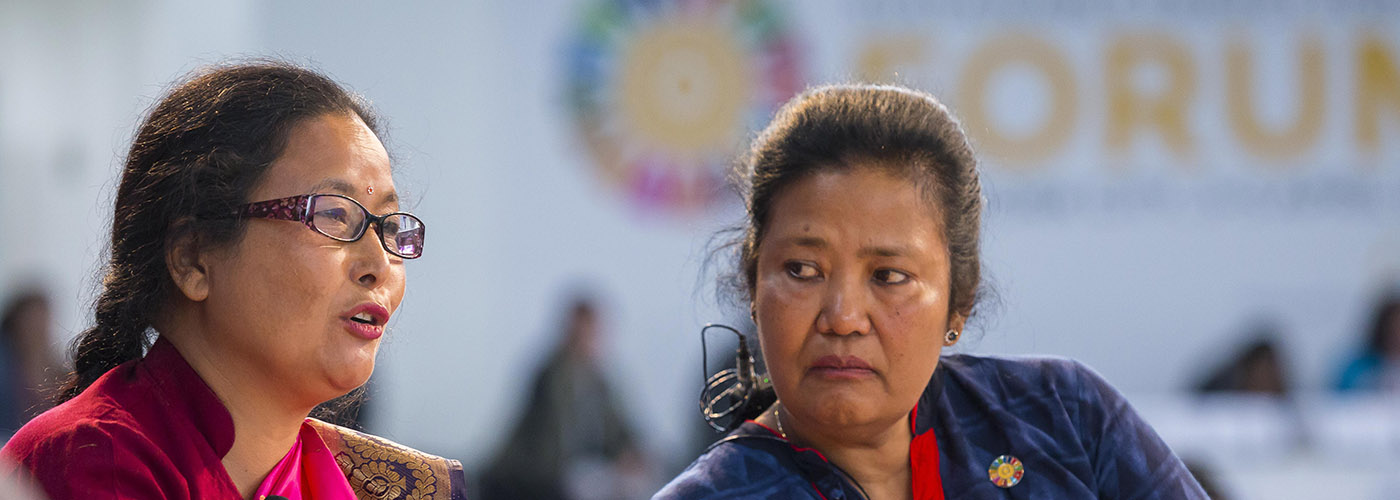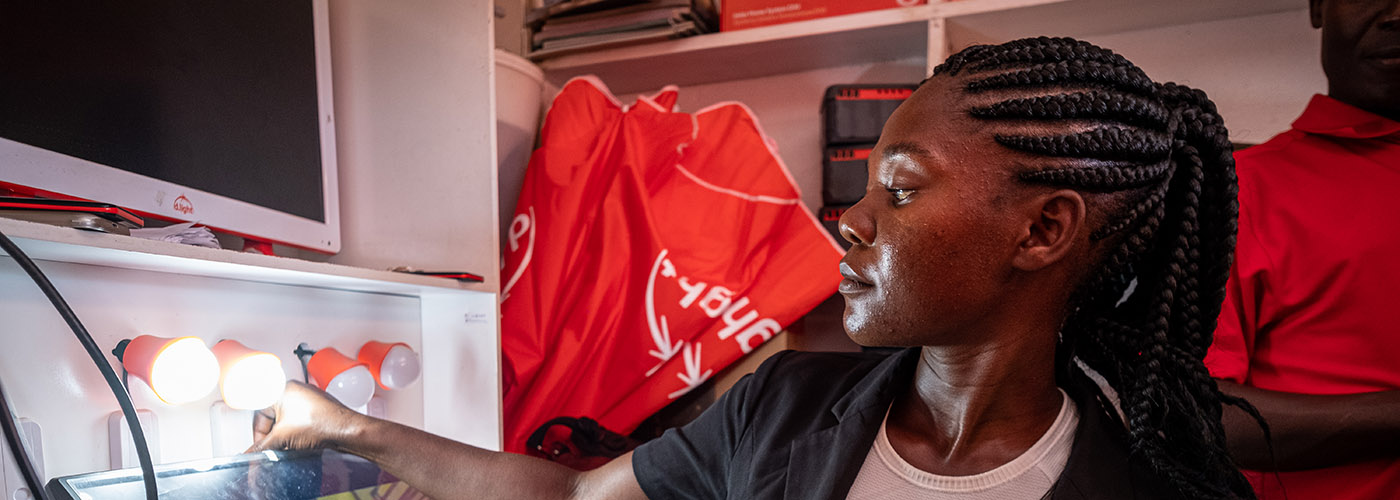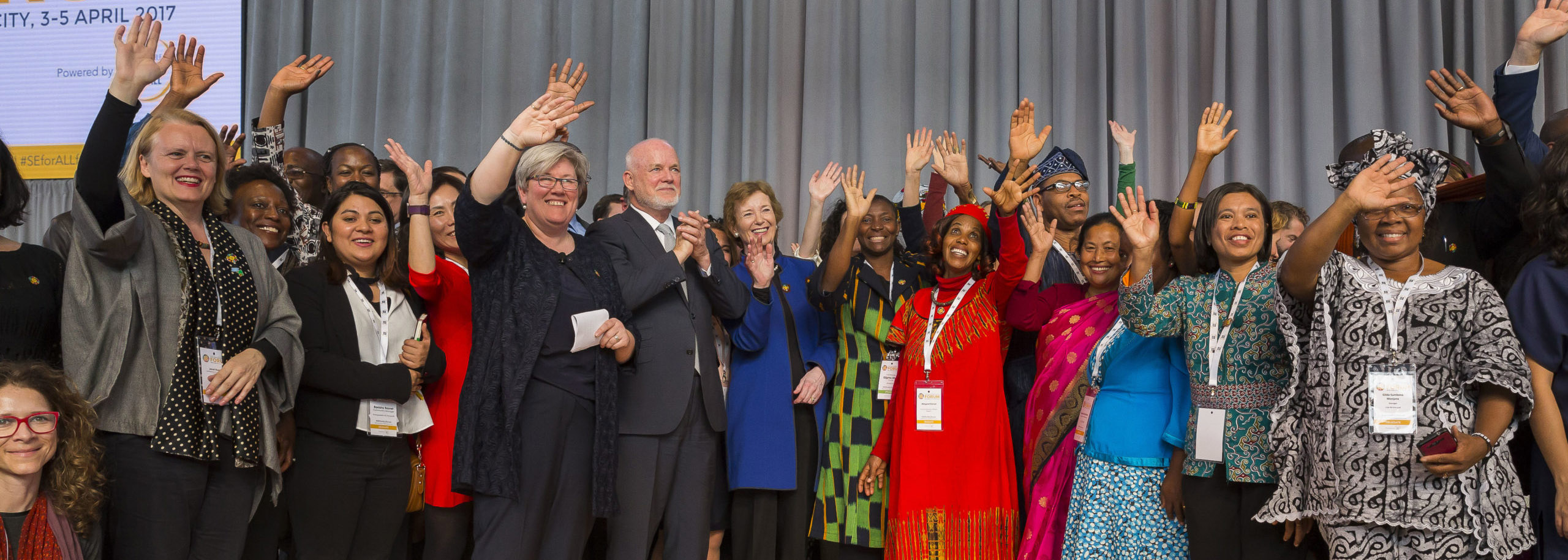Gender and Energy Research Program
What
ENERGIA’s Gender and Energy Research programme explores the linkages between gender, energy and poverty through empirical research, with the objective to translate this evidence into recommendations for energy policy and practice.
Why
Energy is central to tackling almost every major global challenge and access to energy (SDG 7) is widely considered to be a key enabler for reaching the Sustainable Development Goals (SDGs). For this to happen however, it is critical to improve energy interventions so that they better meet the demands of women and make better use of their capacities. Energy access can then also contribute immensely to reaching SDG 5, which aims to “achieve gender equality and empower all women and girls”, as it enables improved livelihoods. ENERGIA firmly believes that by addressing SDG 5 and SDG 7 jointly, multiple development outcomes can be achieved.
Results so far
The programme coordinated research conducted by nine consortia that included research institutions, NGOs and private companies, in 12 countries across Asia and Africa. The final reports from each research project are now available, and can be found in the Research Projects tab.
The synthesis report presents the overall findings and policy implications. Read more about the synthesis report or download the full report.
Key findings from synthesis report
- Universal energy access targets are unlikely to be met unless energy policies are aligned to women’s as well as men’s energy needs, their assets, skills, limitations and capabilities, and existing gender norms;
- Involvement of women in energy system supply chains is good for women and their families, and it is good for business;
Modern energy services for women’s productive uses contribute to women’s empowerment; - End-use appliances that deliver modern energy services to reduce drudgery and save time can transform gender roles and relations;
Improving the affordability, reliability, capacity and convenience of modern energy services can help achieve gender-equitable outcomes, and will be critical for universal energy access; - Engaging with political processes can help women access modern energy services and change gender norms.
Where
Research Project 1: India, Kenya, Nepal; Research Project 2: Rwanda, Senegal, South Africa; Research Project 3: India, Nepal; Research Project 4: Bangladesh, India, Nigeria; Research Project 5: Rwanda; Research Project 6: Ghana, Myanmar, Tanzania; Research Project 7: Worldwide
Period and donor
This five-year research programme on gender and energy (2014-2019) was supported by the UK’s Department for International Development (DFID) as part of its Sustainable Energy, Access and Gender (SEAG) programme.
